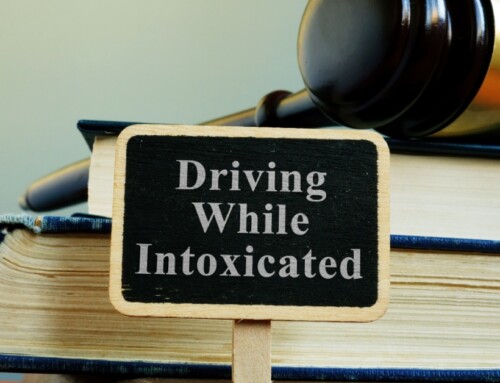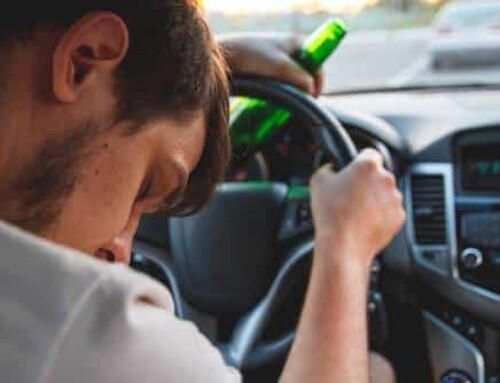As a DUI Lawyer in Charleston, SC, I saw that a DUI accusation can be a very frightening thing, especially if you have heard horror stories about the penalties that a successful conviction can carry. However, it is important to get all the facts before you proceed, so it’s a good idea to learn about the specific laws in your state and how they could potentially impact you and your case. Here are some of the most important questions that you will need to consider when it comes to South Carolina, DUI charges, and the idea of implied consent:
South Carolina’s Implied Consent Laws
South Carolina does have implied consent laws, which means that when you get your license, you are implicitly agreeing to chemical tests in the future if you get pulled over. If you are accused of a DUI and refuse to take such tests, then your license could be suspended. This can happen even if you don’t actually get convicted, which means that you won’t get a chance to defend yourself in court and prove your innocence.
What Tests are You Required to Take?
In South Carolina, breath, blood, and urine tests all fall under the umbrella of implied consent tests. This means that you are legally obligated to take a breathalyzer test, give blood samples (to check BAC), and possibly give a urine sample (to detect other drugs). However, you only need to take these tests if you are ordered to do so by an officer. If the officer fails to mention one of the tests, then you certainly do not need to remind them about it.
What are the Punishments for Refusing to Take a Test?
The first time that you are asked to take an implied consent test and fail to do so, your license may be suspended for 6 months. If it happens again, then your license may be suspended for 9 months. A third violation results in a 1 year suspension. While these may seem like long periods of time, they pale in comparison to the lengthy look-back period in South Carolina.
Is There a “Look-Back” Period?
Many states have a look-back period that is used to determine which prior DUI’s will be used for sentencing purposes and which will not. If a past DUI is within the look-back period, then it will be considered, but if it is outside the period, then it will not be considered.
In South Carolina, this period is 10 years, which means that if you manage to go 5 years without getting a DUI, then the next DUI in the future would be punished as if it were your first DUI. This is a particularly long look-back period, which means that South Carolina is a bit harsher than other states when it comes to DUI’s. For example, the look-back period in Hawaii is only 5 years.






